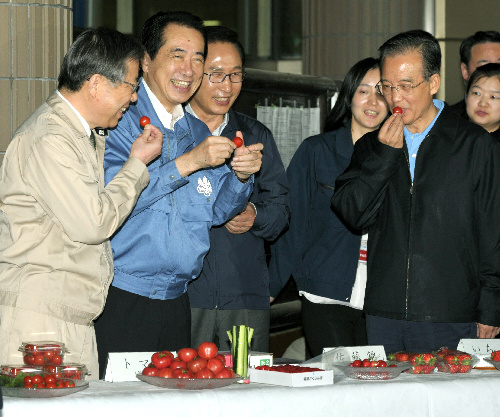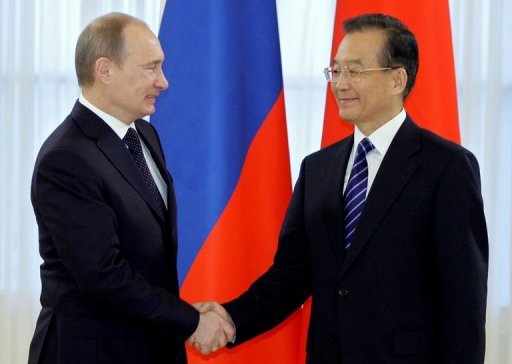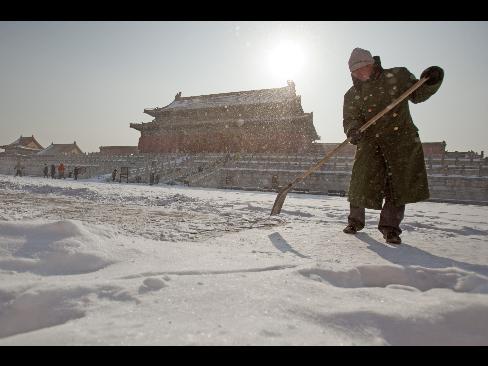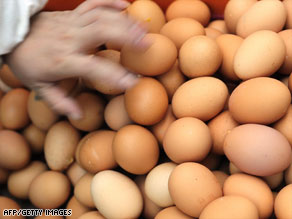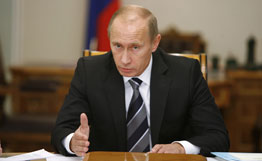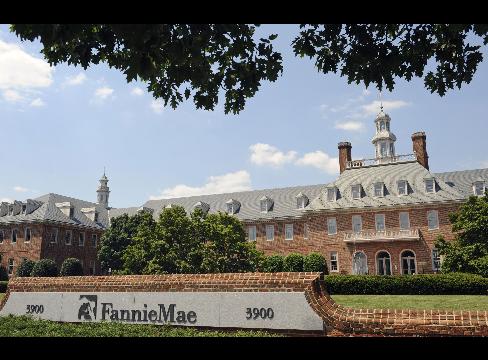– How JP Morgan Bribed the Chinese Prime Minister’s Daughter Using a Fake Name (Liberty Blitzkrieg, Nov 14, 2013):
Allegations of JP Morgan’s use of clever tactics to bribe Chinese officials recently received mainstream attention when Salon journalist Alex Pareene mentioned it in a comical and classic interview on CNBC (you need to watch the video before reading this) with presstitute Maria Bartiromo. When Mr.Pareene mentioned these claims against the TBTF bank, CNBC mocked him for the fact that his information had come from the New York Times. Well it appears the paper has now given CNBC a taste of its own medicine; with some actual real reporting, something the clownish financial-tv channel drowning in a zero ratings death spiral doesn’t seem all that interested in doing.
This article from the New York Times details how JP Morgan paid $75,000 a month to an obscure consulting firm called Fullmark Consultants, which had only two employees. The firm was run by a woman named Lily Chang, which in reality was the alias used by Wen Jiabao’s only daughter Wen Ruchun. Wen Jiabao was the Prime Minister of China at the time.
Unsurprisingly, many lucrative deals followed for the JP Morgan in China. How about we #AskJPM about that.
More from the NY Times:
To promote its standing in China, JPMorgan Chase turned to a seemingly obscure consulting firm run by a 32-year-old executive named Lily Chang.
Ms. Chang’s firm, which received a $75,000-a-month contract from JPMorgan, appeared to have only two employees. And on the surface, Ms. Chang lacked the influence and public name recognition needed to unlock business for the bank.
But what was known to JPMorgan executives in Hong Kong, and some executives at other major companies, was that “Lily Chang” was not her real name. It was an alias for Wen Ruchun, the only daughter of Wen Jiabao, who at the time was China’s prime minister, with oversight of the economy and its financial institutions.
Read moreHow JPMorgan Bribed The Chinese Prime Minister’s Daughter Using A Fake Name
